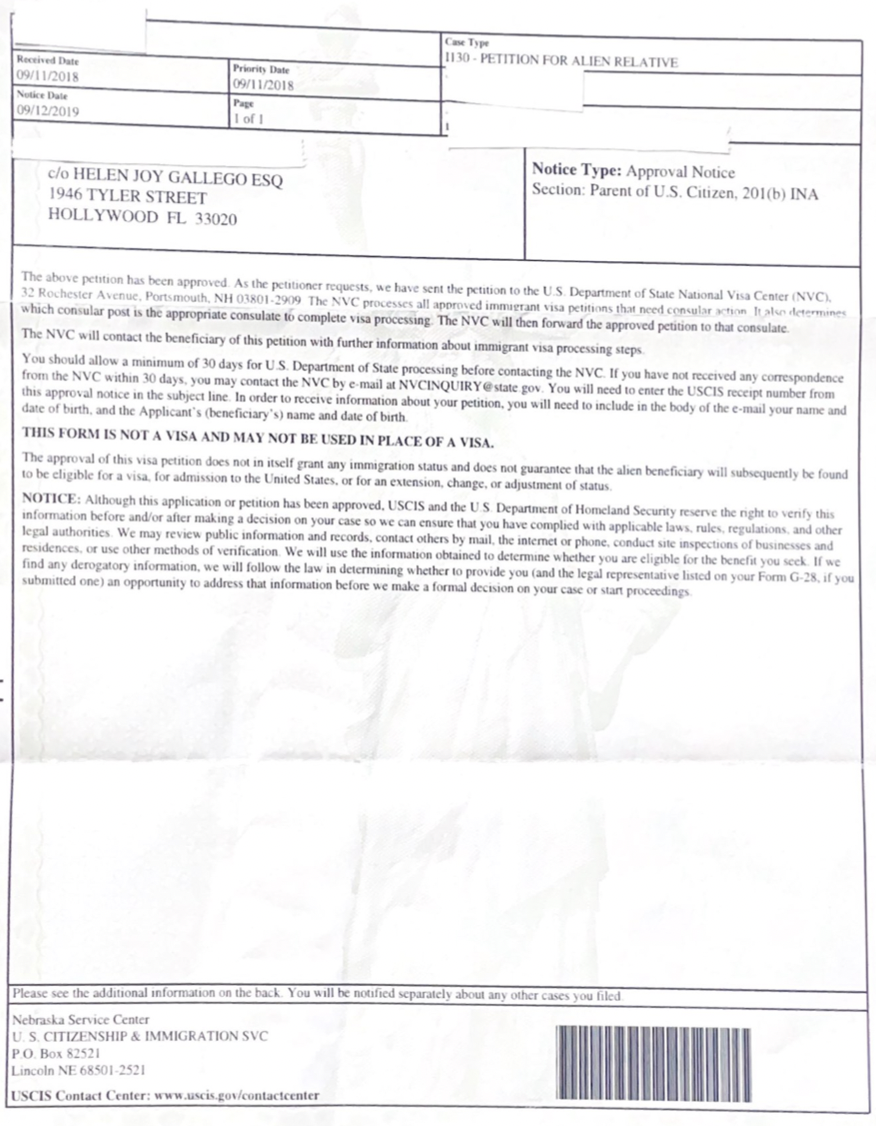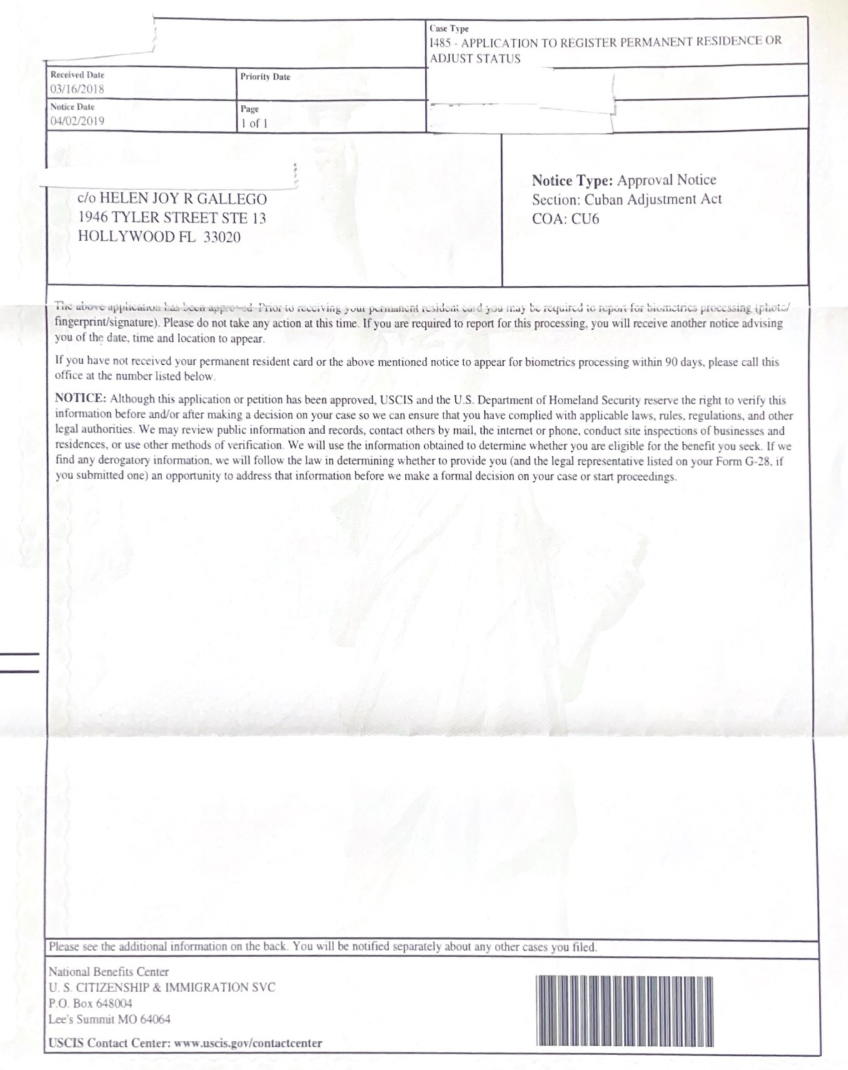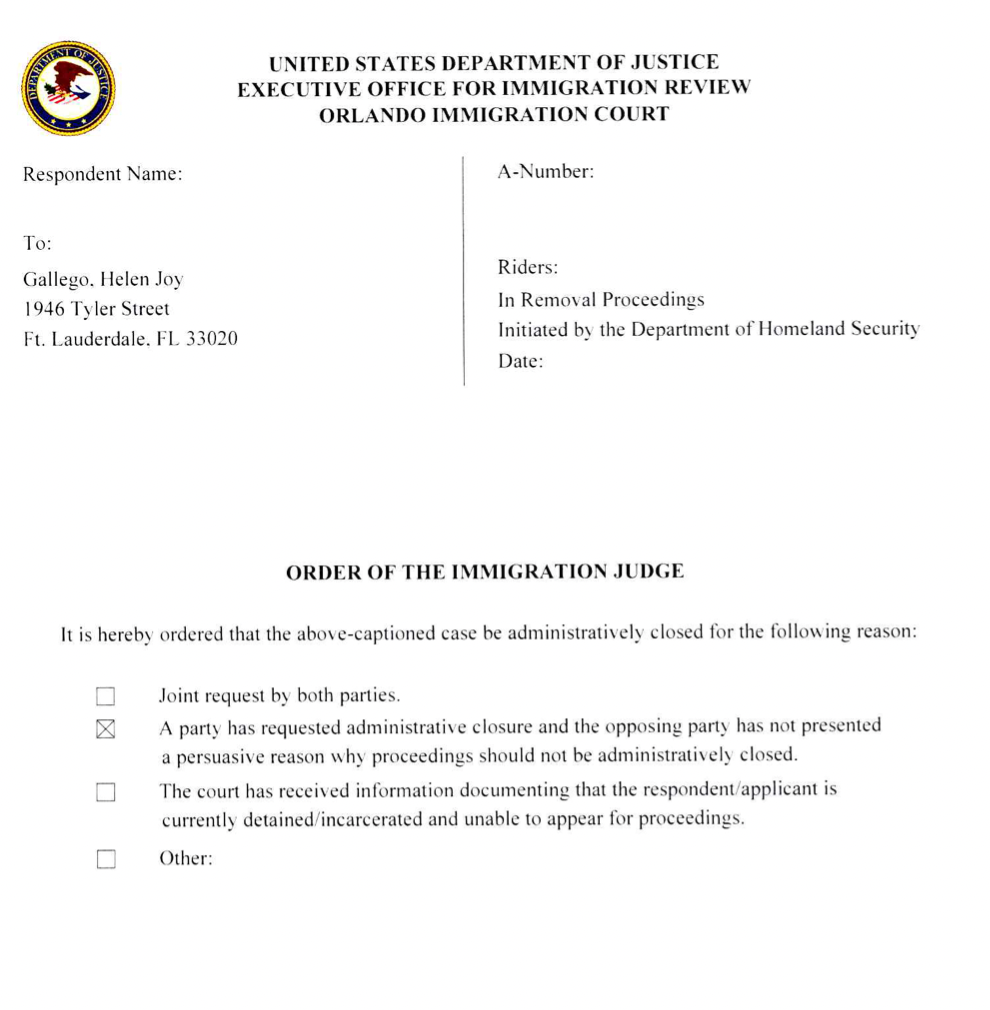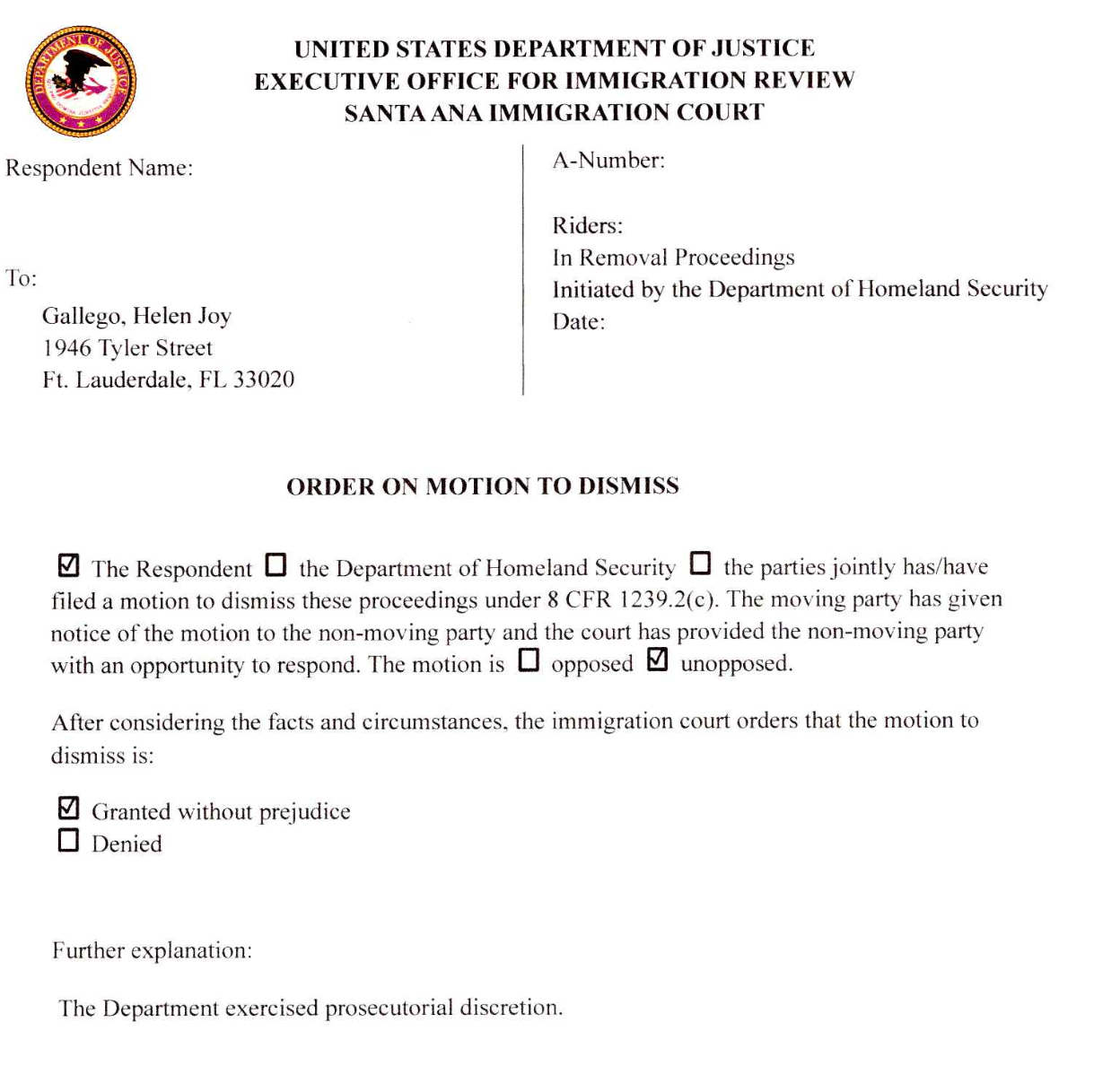Frequently Asked Questions
-
Asylum: How do I obtain asylum?
There are 3 ways of obtaining asylum in the United States: the affirmative process; an asylum merits interview after a positive credible fear determination; or the defensive process.
-
Consulate Processing: What types of visas are available for people to come to the United States?
There are more than 20 nonimmigrant visa types for people traveling to the United States temporarily. There are many more types of immigrant visas for those coming to live permanently in the United States. The type of Visa you need is determined by the purpose of your intended travel.
-
Fiancé(e) Visa: My American citizen fiancé(e) is sponsoring me for immigration, does it matter where we get married?
If you wish to marry in the U.S. and live there after marriage, you need a fiancé(e) visa. If you wish to marry outside the United States and travel to the United States to take up residence, you will require an immigrant visa.
-
Marriage Green Cards: How long is the process for a spousal green card?
A spouse is a legally wedded husband or wife. The CR1 and IR1 visas stand as pivotal pathways for individuals seeking to unite with their spouses in the United States. CR1, known formally as the Conditional Resident Spouse Visa, and IR1, or Immediate Relative Spouse Visa, are vital tools for facilitating the immigration process for married couples. In 2024, the processing time for a CR-1 spousal green card is 10.8 months.
-
Naturalization: If I fail a portion of the naturalization test, when will I be retested?
Unless you are eligible for an exception to the English or civics requirements, you will be given two opportunities to meet the English and civics requirements. If you fail any portion of these requirements, you will be retested during a new interview on the portion of the test that you failed (English or civics) between 60 and 90 days from the date of your initial interview.
-
Removal Proceedings: When can legal residents face removal proceedings?
There are several reasons that the U.S. government can use to deport someone who’s lawfully present in the country. Generally, a person is deportable from the United States if he or she: (1) Was inadmissible when entering the country or when adjusting an immigration status, (2) Violated the terms of a visa, green card or other status, (3) Had conditional permanent resident status, but that status was terminated; (4) Committed marriage fraud; (5) Was convicted of one or more crimes involving moral turpitude.
Sample Case Results




